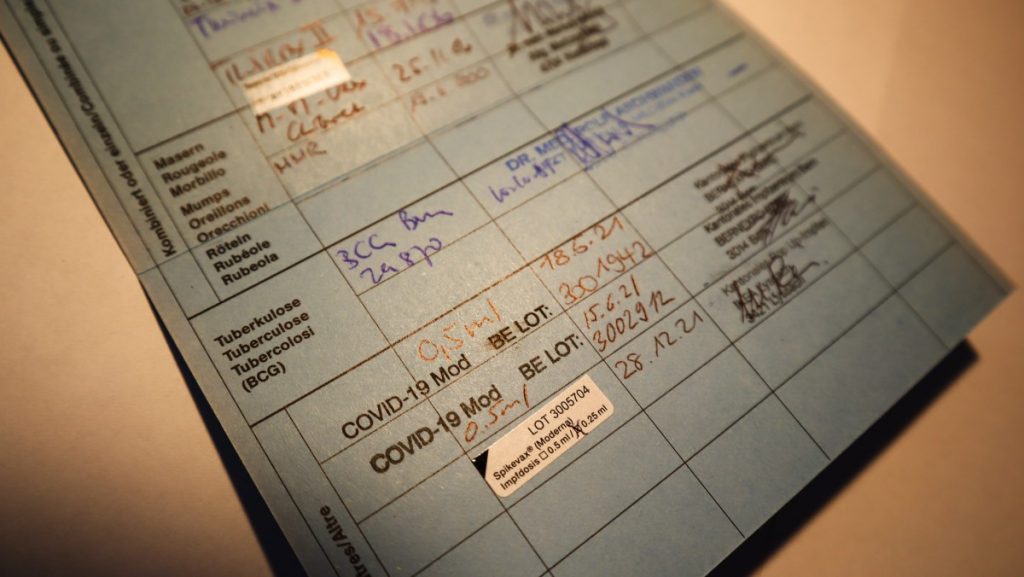Switzerland has become the most recent country to announce that starting from February 1, it will recognise as valid only vaccination certificates of people who have completed their vaccination within the last 270 days.

The decision was taken by the Swiss Federal Council at a meeting held on Wednesday, January 12, during which meeting were also taken other decisions regarding COVID-19 restrictions.
“The Federal Council also plans to reduce the period of validity of all forms of vaccination certificate from 365 to 270 days and so ensure that the certificate remains valid in the EU,” the Council notes in a press release.
From our partners:
This means that the validity period will also be shortened for certificates of recovery from COVID-19 to 270 days, effective from February 1.
The move to shorten the validity of vaccination certificates comes upon a decision of the Commission of the European Union taken on December 21, 2021, according to which all vaccination certificates should be valid for a period of nine months at most.
The period within which vaccination certificates should be valid has been determined by the Commission based on a recommendation of the European Centre for Disease Prevention and Control, according to which booster shots should be administered at most six months after the second dose.
“The Certificate will remain valid for a grace period of an additional three months beyond those six months to ensure that national vaccination campaigns can adjust and citizens will have access to booster doses,” the Commission had pointed out on December 21.
The majority of the Schengen and EU countries have already announced they will shorten the validity of vaccination certificates, while some others, like Austria, already do so.
During its meeting on Wednesday, the Commission also decided to shorten the isolation period from ten to five days. The decision has become effective immediately today. However, for a person to be eligible to leave quarantine on the fifth day, the same must be symptom-free for 48 hours at least before they end their isolation.
The reason behind the shortening of quarantine is that research has shown that the interval between infection and transmission of the Omicron virus variant is shorter.
Moreover, at its meeting, the Council has agreed to extend the current Coronavirus measures until March 31. The same were put in place on December 17 and were set to expire on January 24.
This article was originally sourced from schengenvisainfo.com
For enquiries, product placements, sponsorships, and collaborations, connect with us at [email protected]. We'd love to hear from you!
Our humans need coffee too! Your support is highly appreciated, thank you!

